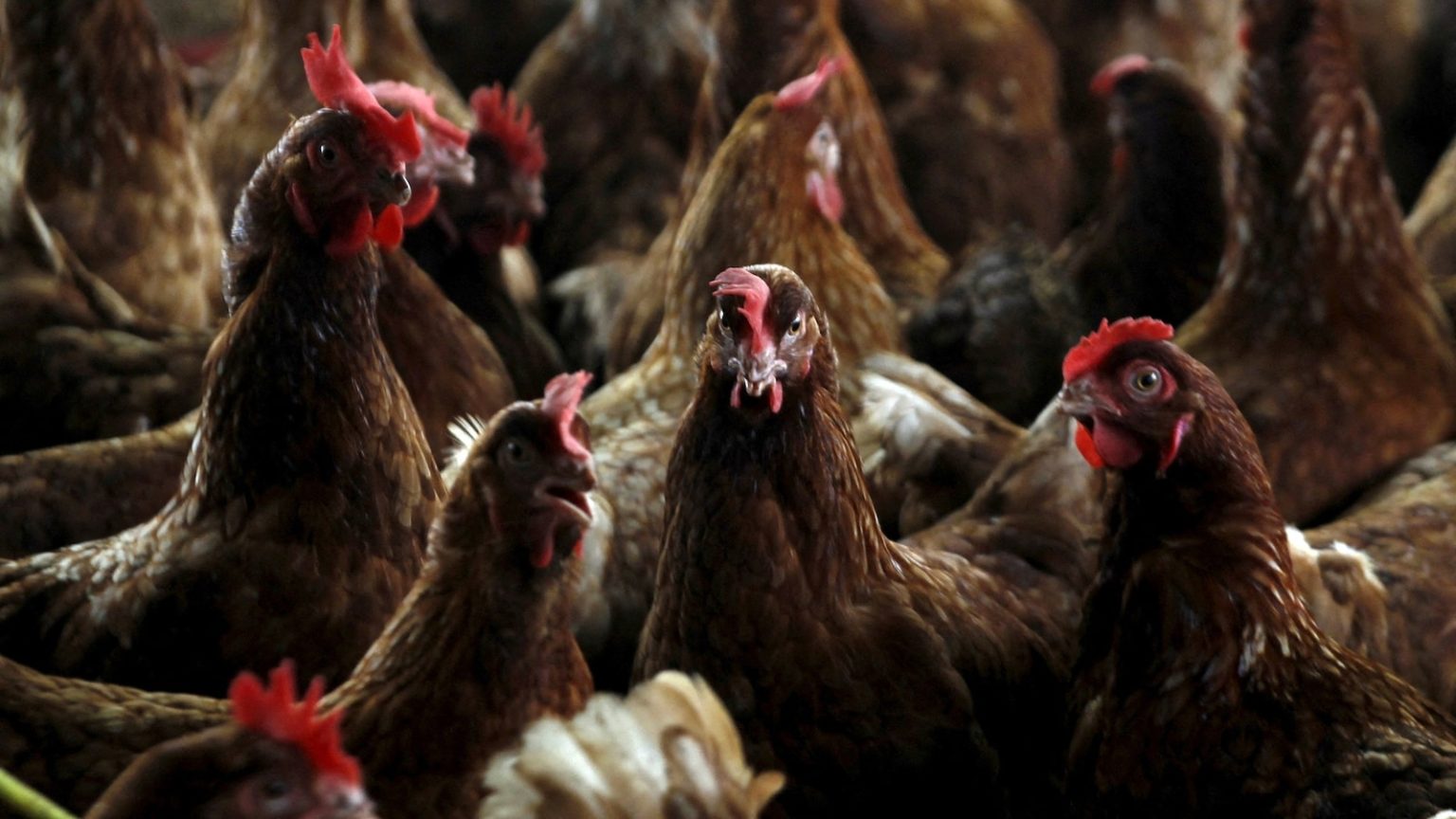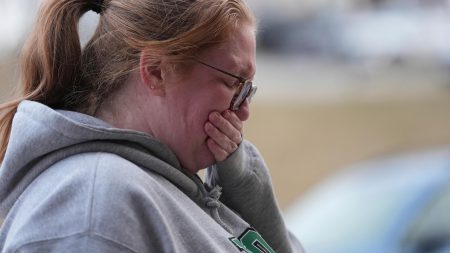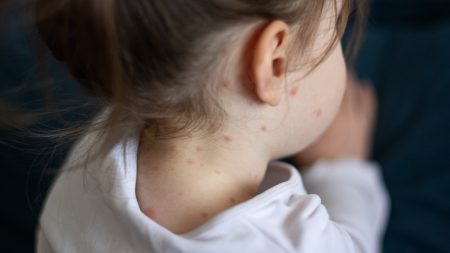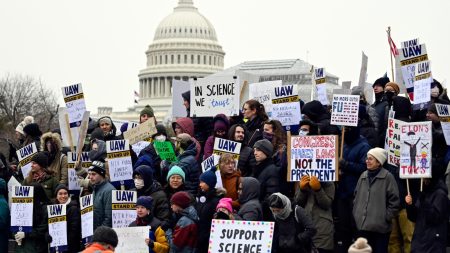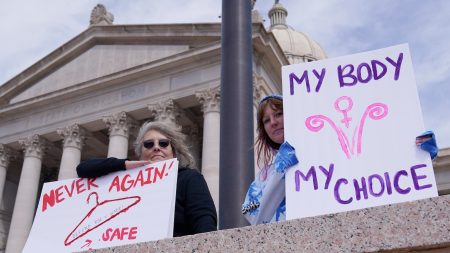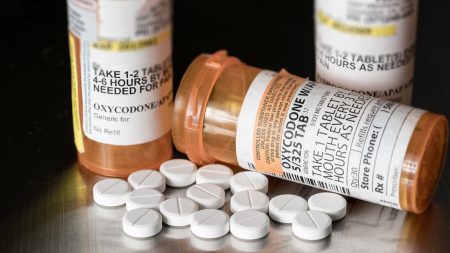Bird Flu Outbreak in Massachusetts: What You Need to Know
Widespread Outbreak of Bird Flu in Massachusetts
Bird flu, also known as highly pathogenic avian influenza (HPAI), has been identified as a widespread issue among birds in Massachusetts, according to state health and environmental officials. The Massachusetts Department of Public Health (DPH), the Massachusetts Department of Agricultural Resources (MDAR), and the Division of Fisheries and Wildlife (MassWildlife) have confirmed that HPAI is the suspected cause of death for both wild and domestic birds in multiple municipalities across the state. Officials emphasize that evidence suggests the virus is likely present even in areas where it has not yet been confirmed, highlighting the need for increased vigilance and proactive measures.
State agencies are actively collaborating with local partners to test suspected cases and ensure the safe disposal of dead birds. This coordinated effort aims to mitigate the spread of the virus and protect both wildlife and human health. The situation underscores the importance of public awareness and cooperation in addressing this growing concern.
High-Risk Bird Species and Secondary Impacts on Wildlife
While all bird species are considered susceptible to HPAI, raptors, waterfowl, and other aquatic birds are at the highest risk of infection. These birds are particularly vulnerable due to their habitats and behaviors, which often bring them into close contact with potentially infected individuals. Additionally, wildlife such as foxes and other mammals that scavenge dead birds are also at risk of contracting the virus.
The officials have urged the public to exercise caution and avoid handling dead or sick birds, as this can contribute to the spread of the virus. In Boston, signs have been posted in the Emerald Necklace park system reminding residents not to touch, feed, or remove birds from the parks. These precautions are critical to preventing further outbreaks and protecting both human and animal health.
Public Guidelines for Safety and Reporting
To address the outbreak, state officials have issued clear guidelines for the public. Residents are advised to refrain from handling dead or sick birds and to report any suspected cases to the appropriate authorities. For individuals with five or more sick or deceased birds at a single location, such as poultry or livestock owners, it is imperative to contact MassWildlife for assistance and guidance.
Livestock and poultry owners are also encouraged to take additional precautions to prevent the spread of HPAI. This includes avoiding the sharing of equipment with other bird owners, minimizing unnecessary movement of poultry, and isolating new birds for at least one month before introducing them to an existing flock. These measures are designed to reduce the risk of transmission and safeguard the health of both animals and humans.
A History of Bird Flu in Massachusetts
The current outbreak is not the first instance of bird flu in Massachusetts. Since early 2022, the state has experienced intermittent cases of HPAI, with periodic outbreaks affecting both wild and domestic bird populations. In early January, for example, an outbreak was suspected to have caused the deaths of Canada geese, swans, and other birds in Plymouth.
Now, officials are reporting an increase in confirmed cases, signaling a concerning escalation of the situation. This history highlights the need for ongoing vigilance and preparedness to address the persistent threat of avian influenza. By learning from past outbreaks, authorities are better equipped to respond to the current crisis and protect vulnerable populations.
Preventive Measures and Reporting Protocols
To combat the spread of HPAI, state officials have established a robust system for testing and reporting suspected cases. Municipalities are working closely with wildlife and health agencies to ensure that dead birds are safely disposed of, reducing the risk of further transmission.
For the public, reporting suspected cases is a critical step in controlling the outbreak. Residents are encouraged to contact MassWildlife if they observe unusual bird deaths or signs of illness in bird populations. By fostering a culture of awareness and responsibility, Massachusetts can collectively mitigate the impact of this disease on its wildlife and communities.
Human Cases and Risk Assessment
While the primary concern of the bird flu outbreak is its impact on wildlife, there are also implications for human health. In recent months, cases of human infection with HPAI have been reported across the United States, with 67 confirmed cases in 10 states as of April 2024, according to the Centers for Disease Control and Prevention (CDC). These cases have primarily involved individuals who work closely with poultry or dairy animals, such as farmers and slaughterhouse workers, who are at higher risk of exposure.
Fortunately, the majority of human cases have been mild, with patients making full recoveries. To date, only one death has been reported, involving a patient in Louisiana over the age of 65 with underlying medical conditions. Public health officials emphasize that there is currently no evidence of human-to-human transmission of the virus, and the risk to the general public remains low.
Despite these reassuring statistics, the CDC and other health agencies continue to monitor the situation closely, urging individuals who work with birds to take extra precautions to minimize their risk of exposure. By staying informed and following safety guidelines, the public can play a vital role in preventing further spread of the virus and protecting both human and animal health.
In conclusion, the bird flu outbreak in Massachusetts serves as a reminder of the interconnectedness of wildlife, livestock, and human health. While the situation is serious, proactive measures and collaboration among state agencies, local communities, and the public can help mitigate its impact and ensure the safety of all.





